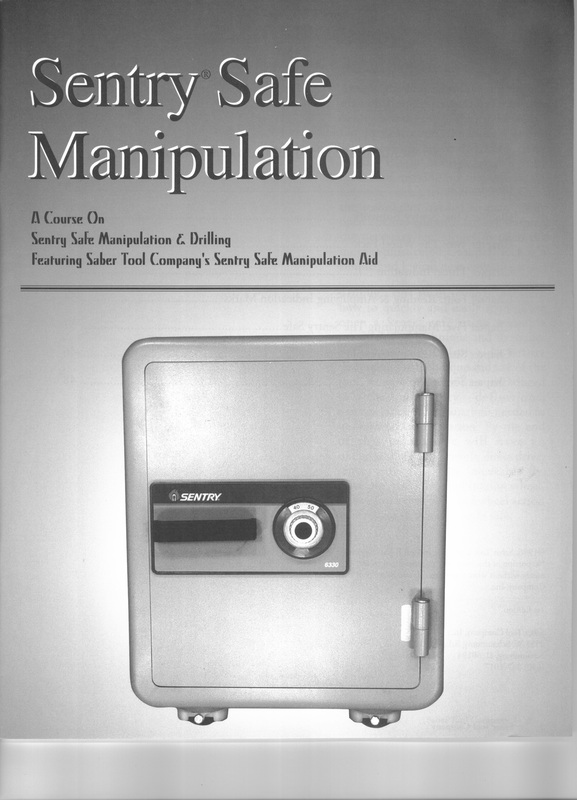

I have one Sentry safe I have had for many years and no issues. After the initial testing is done, the safe manufacturer must allow random inspections of their facilities by UL representatives to insure all of the safes being produced are identical to the safe submitted for testing.Īs for failures, thousands of openings so far and no issues. I don't think the person you spoke with at UL knows what they are talking about.Īll fire rated safes must undergo a furnace test, a drop test, and an explosion (from steam) test. The just certify the information given to them by the manufacturer. In many cases, it's a complete loss.Ī call to UL (which rates the safes) revealed that they do not actually test the safes. Gun safes that have been tested by unrecognized agencies often do no protect their contents. The items inside may not survived in pristine condition in all cases, but they do typically survive. Safes rated by UL and other recognized agencies do often protect their contents. We are often called out immediately after a fire to open and recover the contents of safes which often have the dials and handles melted off. I have many photos taken by fellow safe techs which show burned safes. Firemen and a friend that is an arson/fire inspector says none will survive a direct fire for anywhere near what they are rated. All the research I did was unable to find anyone that claimed a safe would actually survive a fire to the degree they are rated. They know first hand the survival rate of so called "fire safes". You will get very little burglary protection from this type of safe. I should also add that the locks on these cheaper document safes are nothing more than privacy locks. This advice is solely for the UL rated document safes that they sell. Sentry offers a wide variety of safes which could be used to store firearms. This does not apply to all Sentry products. If you must store moisture sensitive items inside of a document safe (firearms, coins, stamps, etc.), then you should store them in a microwave safe tupperware style container. If you do not open the safe on a regular basis to let the safe air out, you will often notice a musty smell, especially on paperwork.

These types of insulations tend to keep the interior of the safe moist at all times. The hygrometer reported 80% humidity levels (firearms should be stored in the 30% to 40% range). Another forum member on another gun forum put his cigar hygrometer in a Sentry safe over night. The older Sentry safes with steel interiors often rusted. If you'll notice on the Sentry document safes, the interiors are made of plastic. The higher end fire safes tend to use better designed insulations. You'll have to speak with somebody in the safe business.įrom what I've seen with document safes, the cheaper they are, the more humid they are inside. Most of the time, these types of safes will not be available through your local sporting goods store or big box retailer. These include steel plate safes (no insulation), small gun type safes (gypsum board insulation), or composite safes (burglary and fire protection). There are certain types of safes that are smaller than typical gun safes, and suitable for pistol storage.

This is especially true in California with the CA DOJ storage requirements. The second major reason is that the Sentry safes do not meet legal standards for safe gun storage. It is surely not acceptable to insurance companies that require specific ratings. Most independant testing is not worth the paper it is written on. There is currently no gun safe on the market which passes the UL test for fire. This has a much lower moisture content which protects the guns, but is not nearly as effective against a fire. Most gun safes use gypsum board for insulation. Sentry specifically mentions this in their owners manual. This same moisture rich insulation causes a high humidity level within the safe, and will rust firearms. This generates steam inside of the safe, which keeps the contents protected. Document safes use a moisture rich insulation designed to bake off in a fire. The insulation used to protect against fire is different. There are a few reasons you should not use a Sentry fire safe (and other document safes) for storing weapons.įirst and foremost, gun safes and document safes have little in common.


 0 kommentar(er)
0 kommentar(er)
